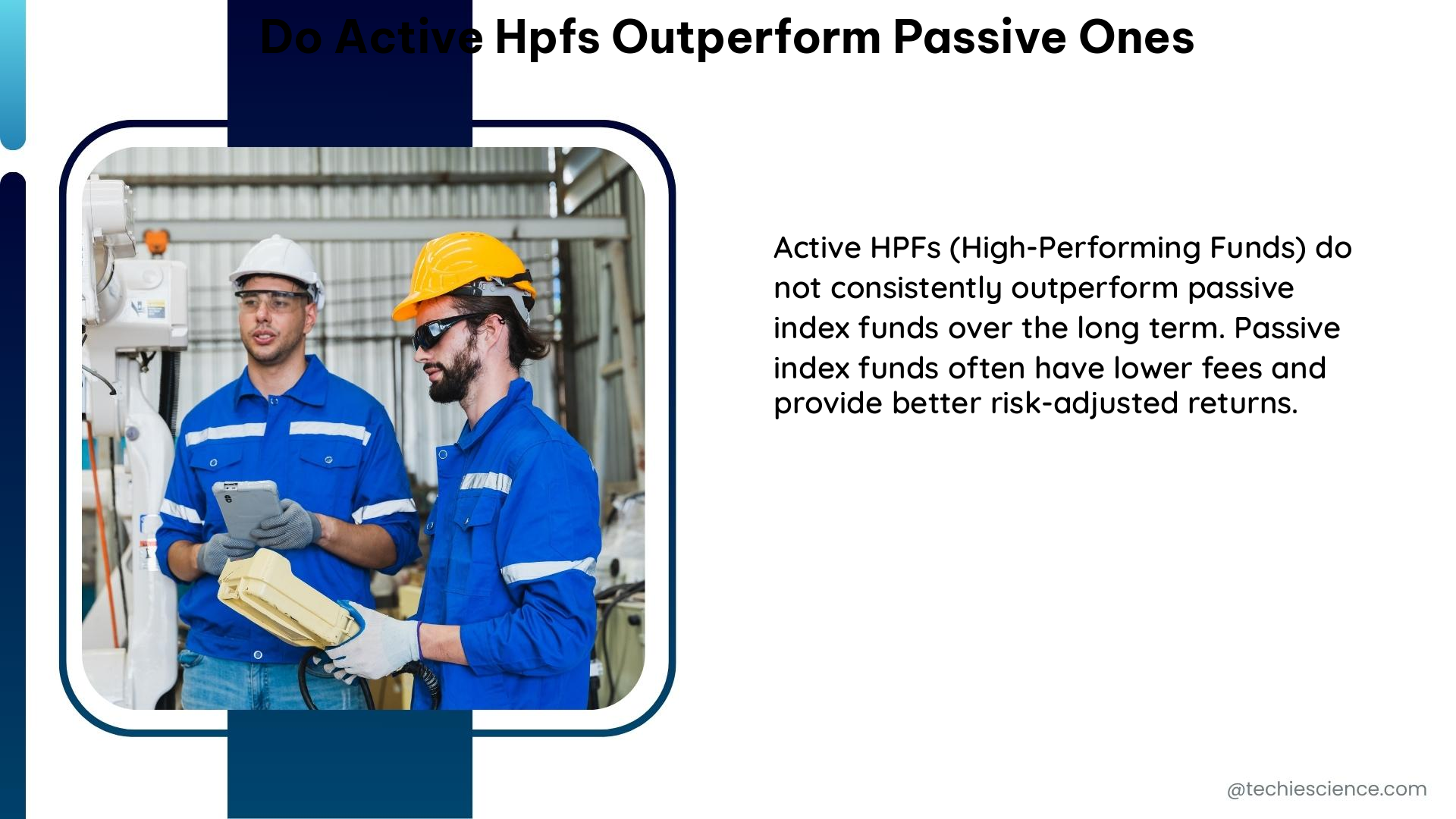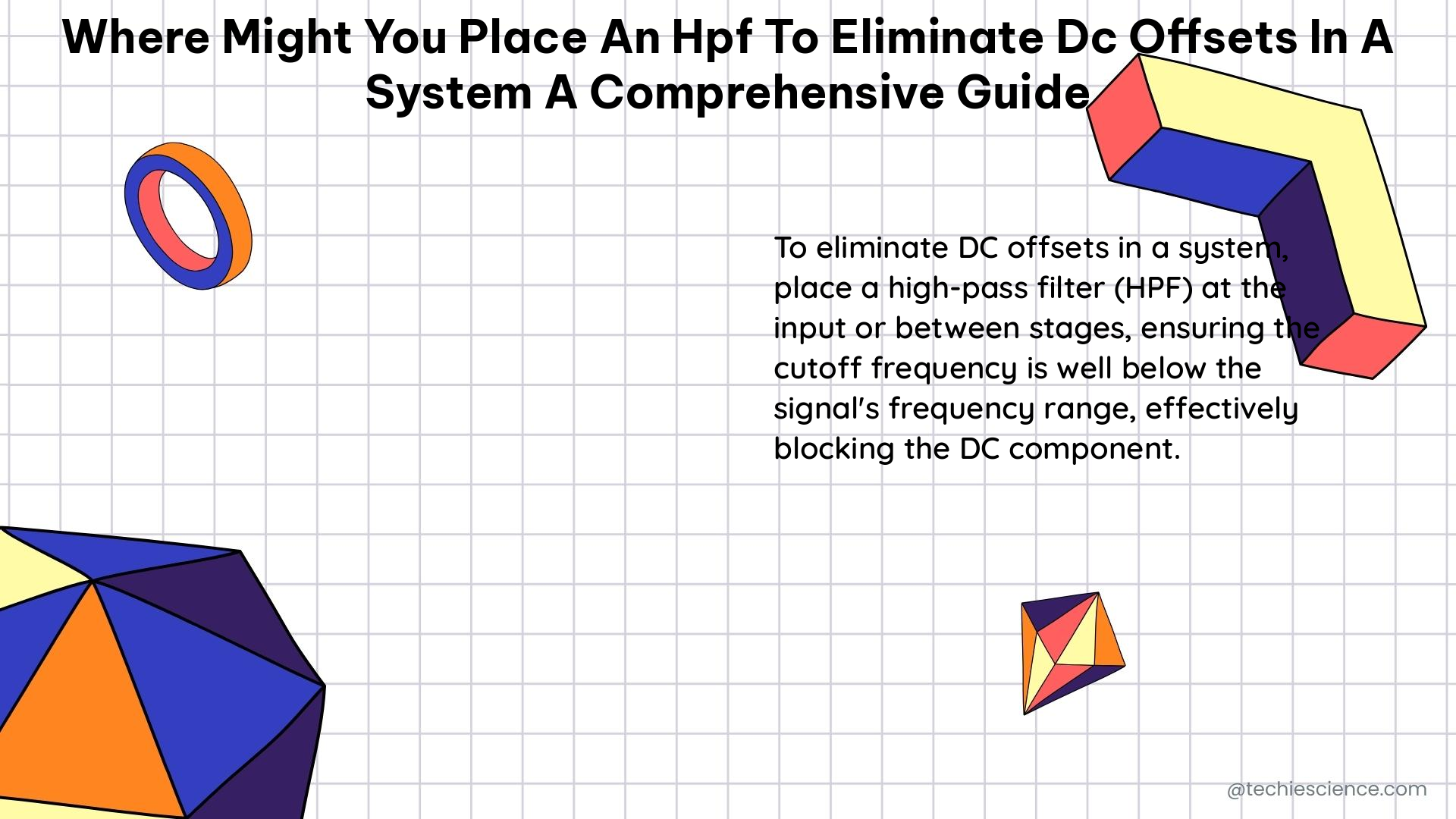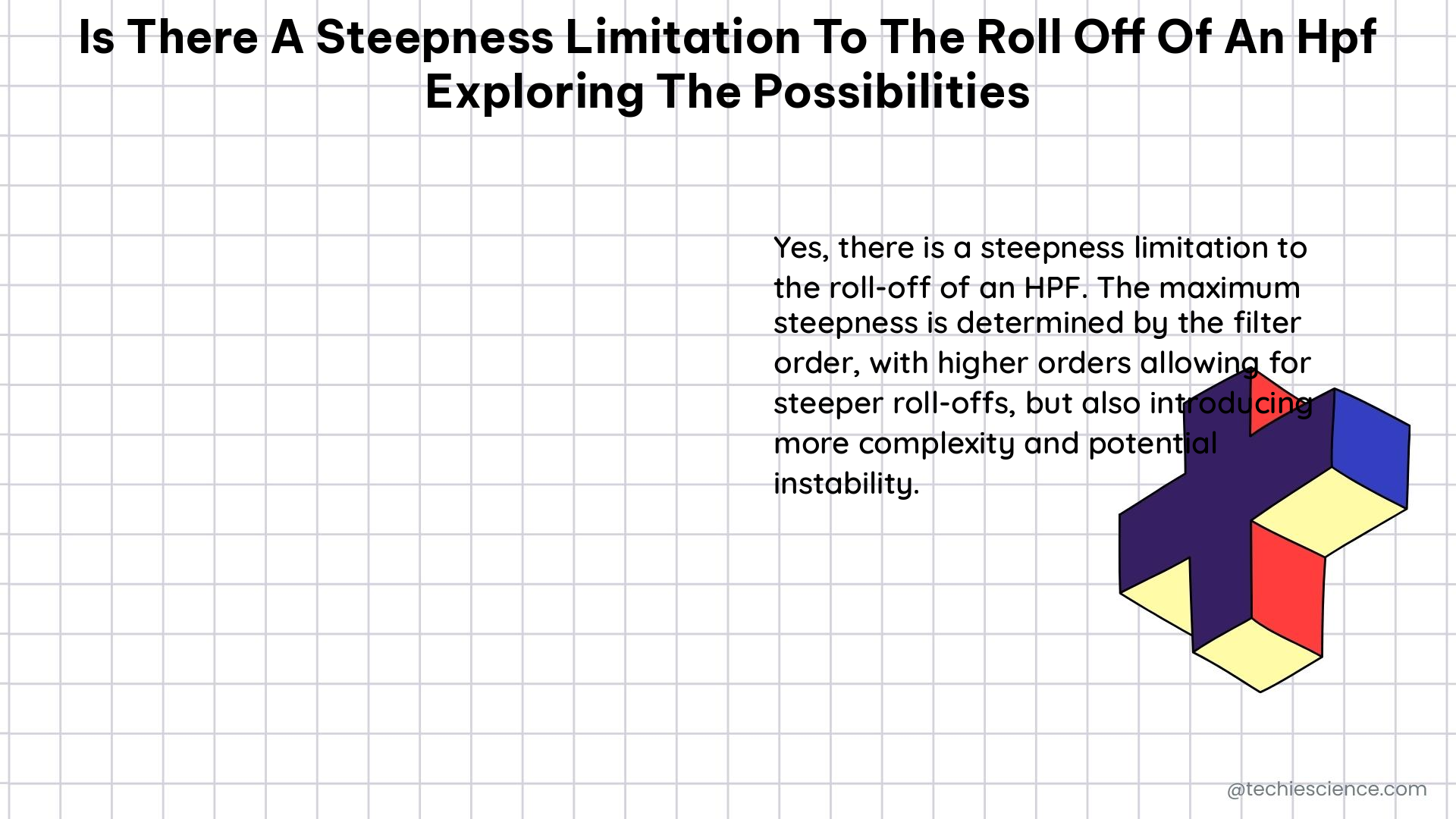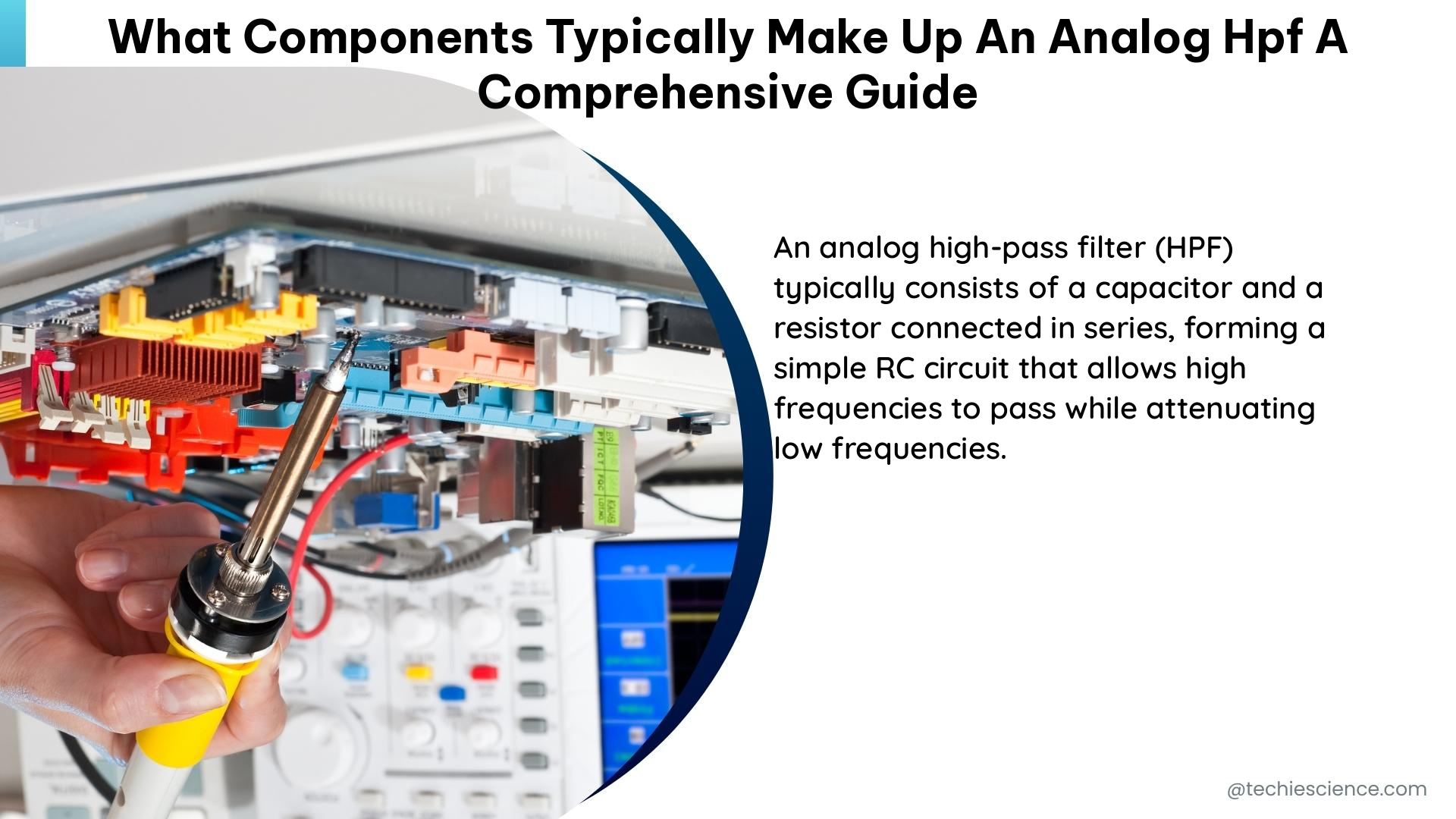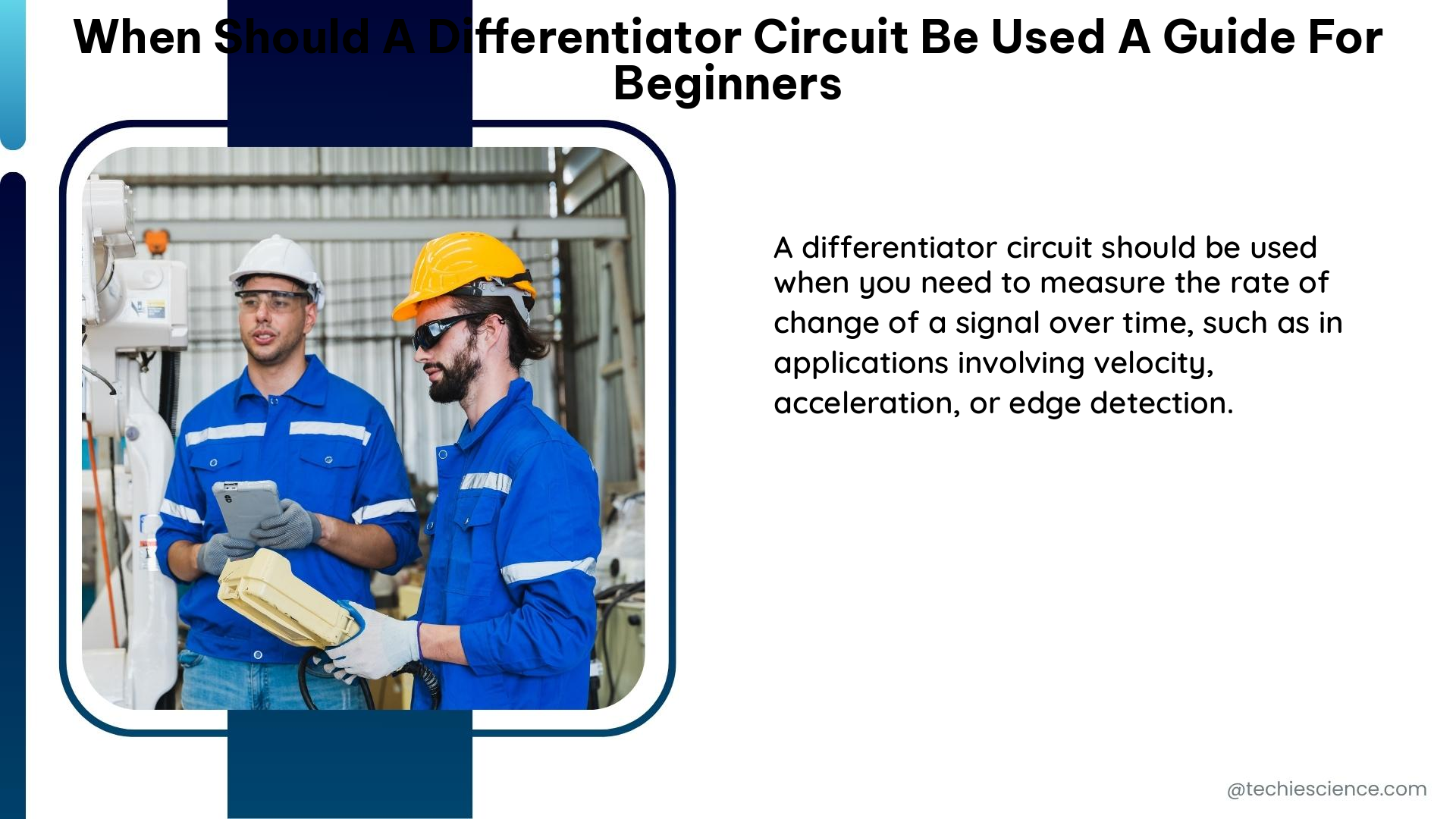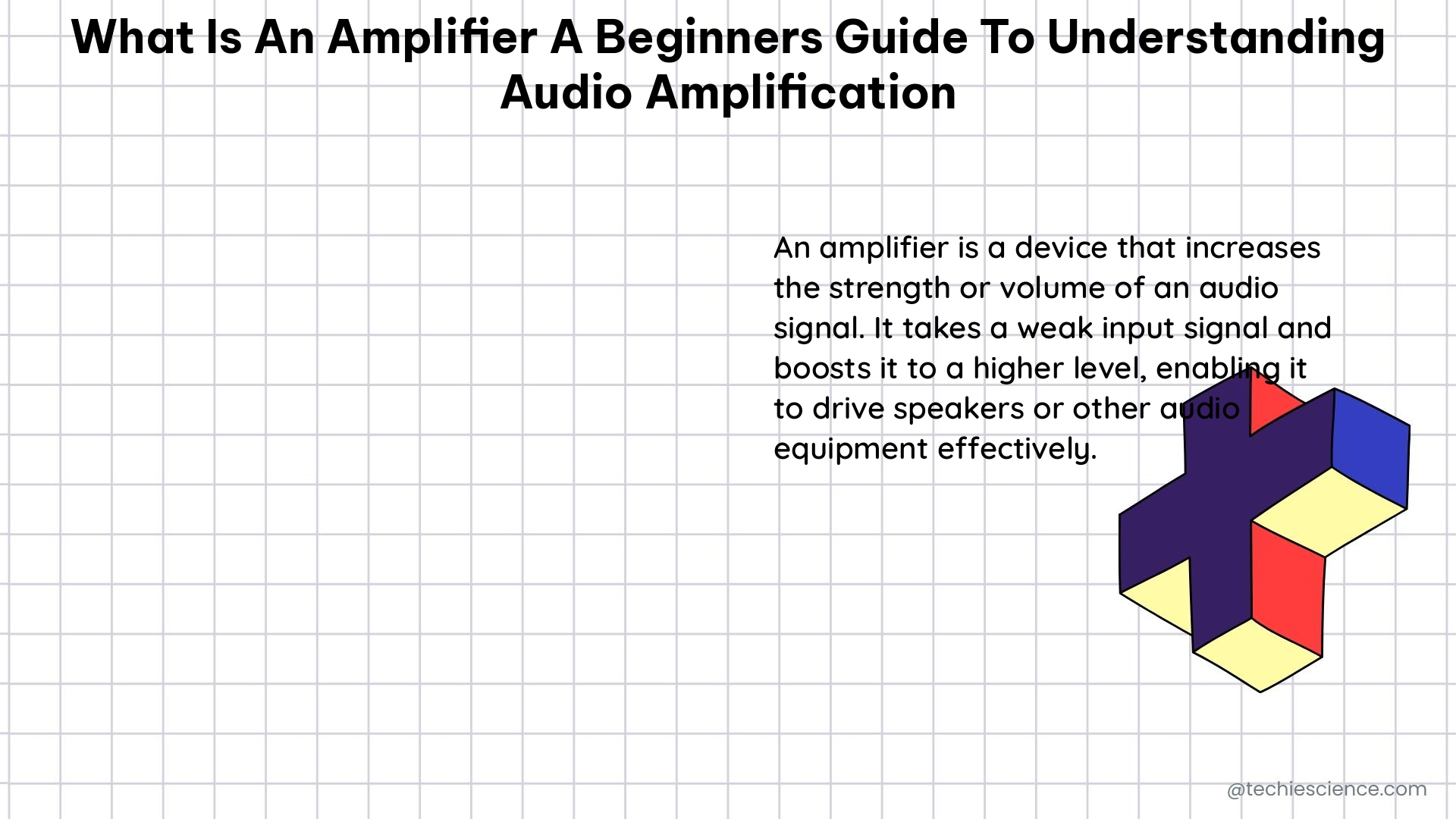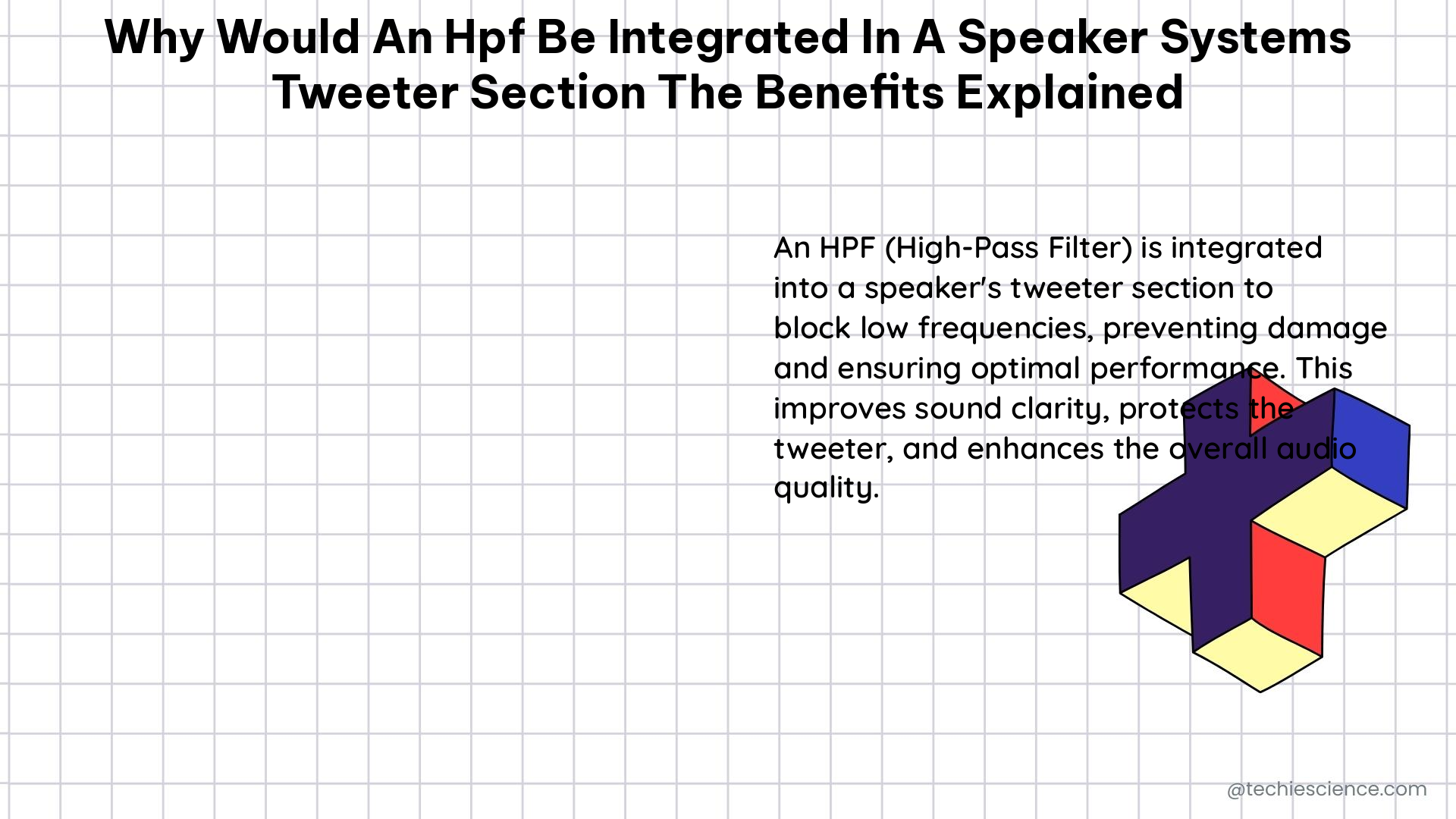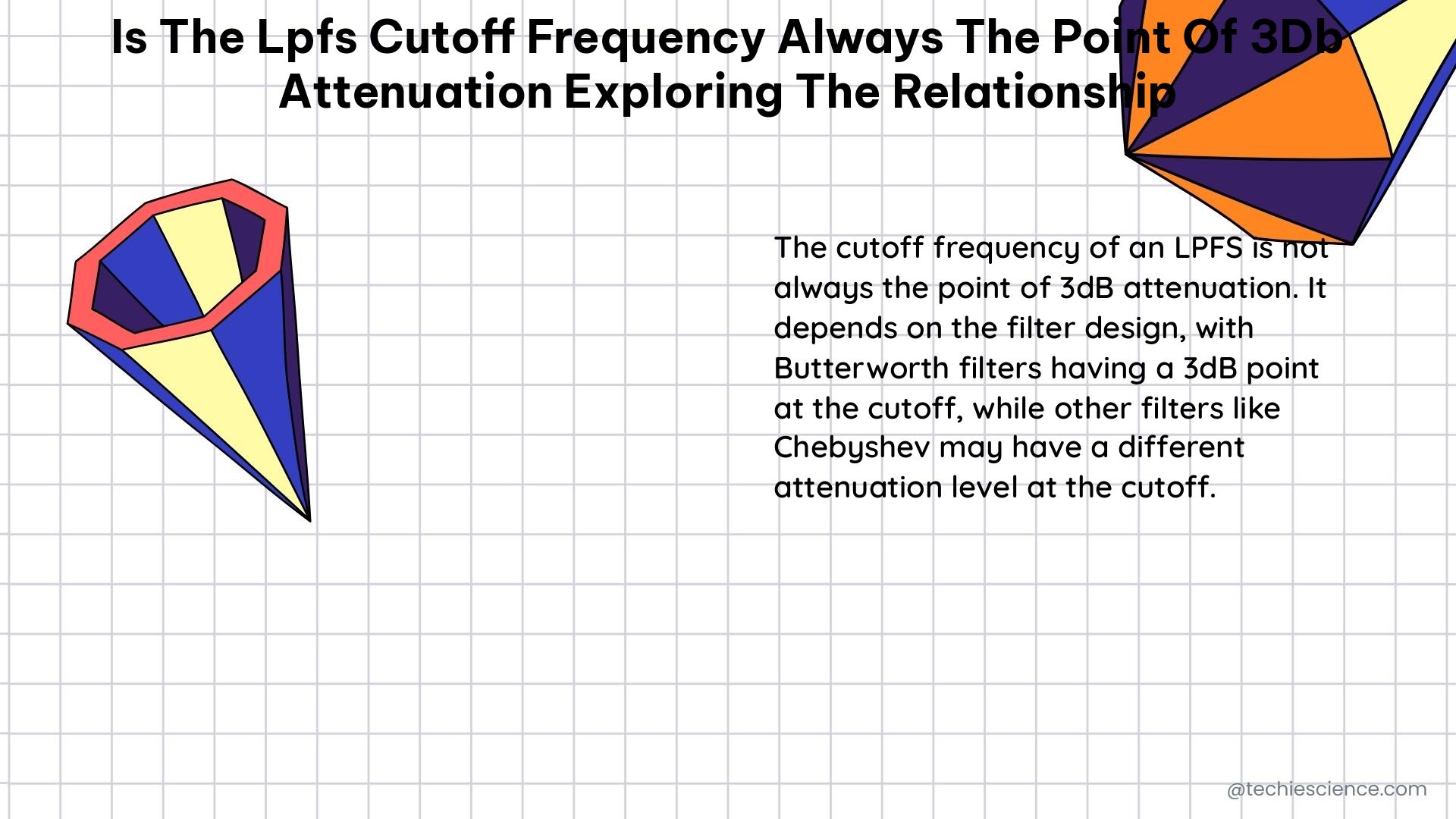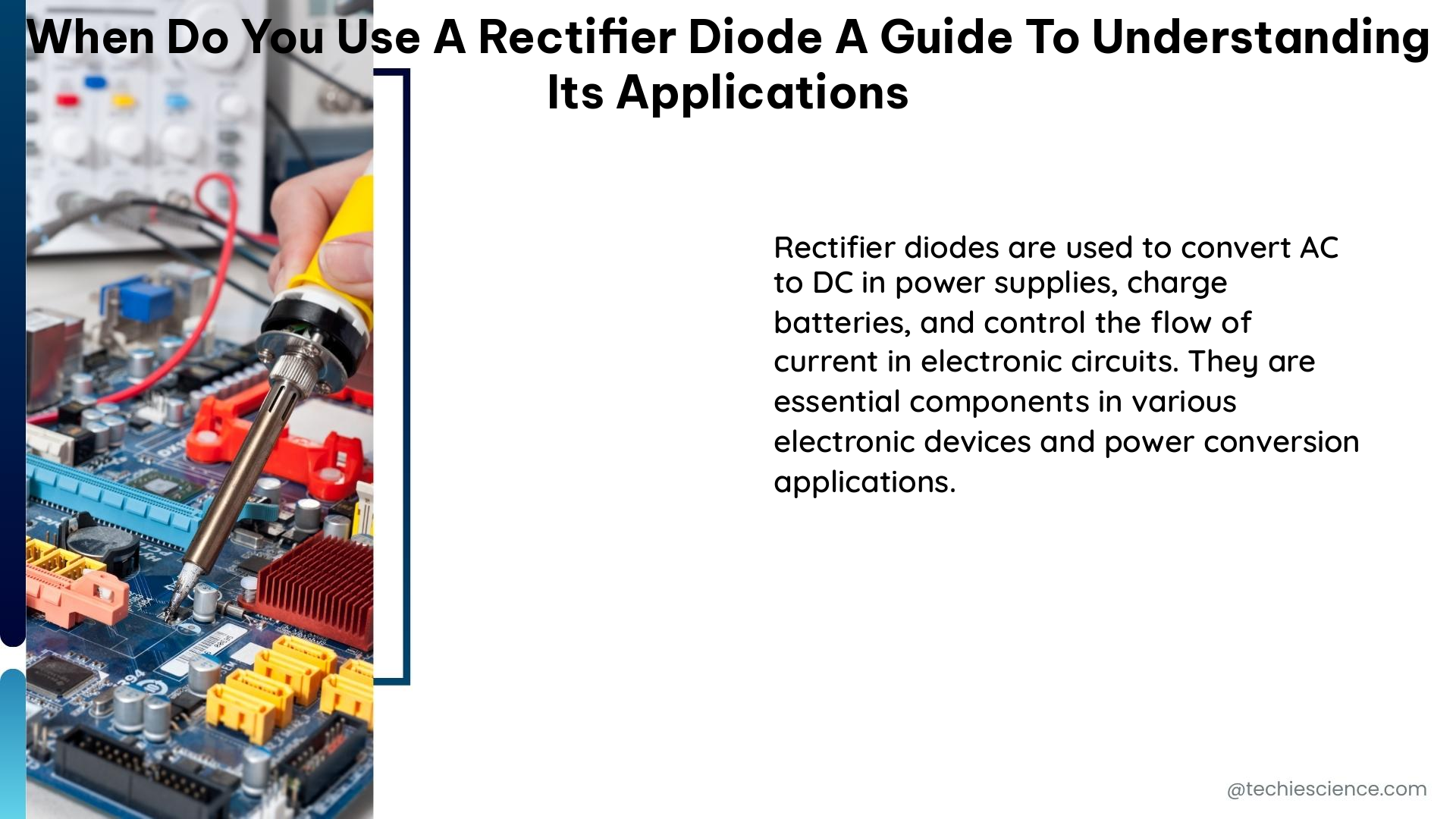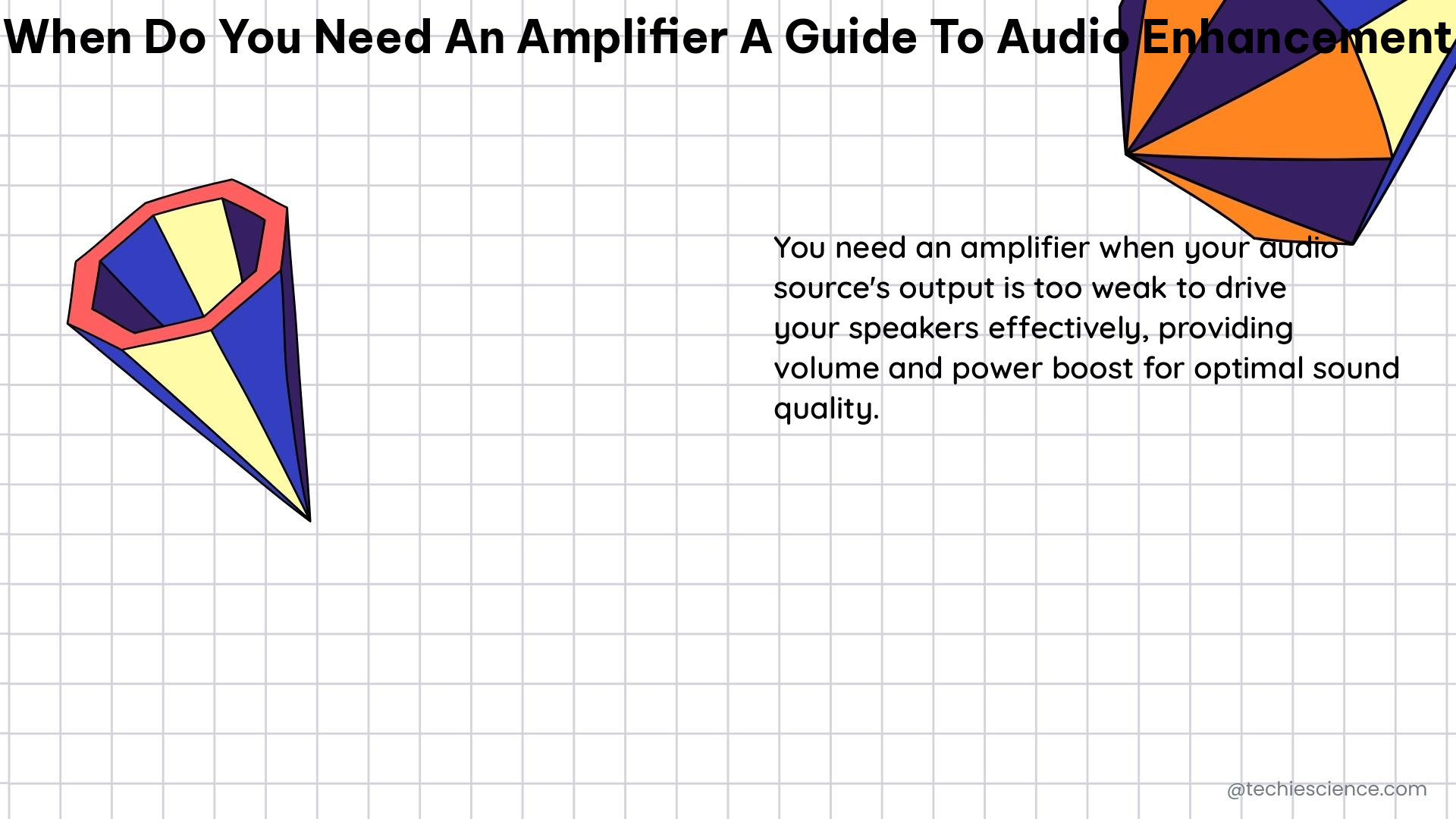Do Active HPFs Outperform Passive Ones?
Active high-performance funds (HPFs) do not consistently outperform passive funds, according to various studies. The performance of active funds varies widely across asset classes and categories, and costs play a significant role in the performance of both passive and active strategies. Understanding Active and Passive Funds Active funds are managed by professional fund managers who … Read more
